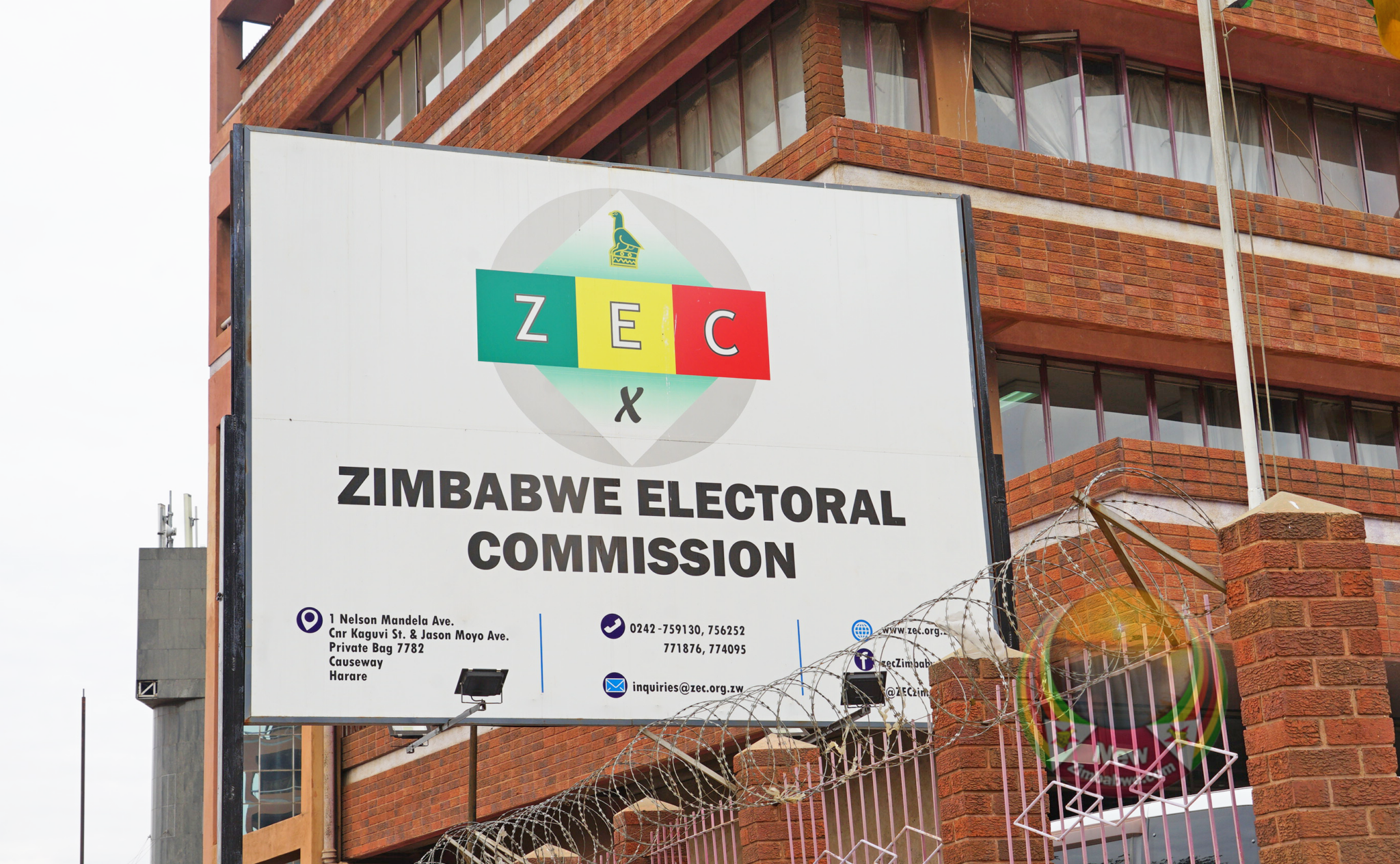Bulawayo-based human rights lawyers Abammeli and Nqobani Sithole have filed an urgent court application with the Harare High Court seeking to compel the Zimbabwe Electoral Commission (ZEC) to transmit and collate the presidential election results in accordance with the Electoral Act.
The applicants argue that ZEC violated the law in the 2013 and 2018 elections by separating the presidential election results from the National Assembly results and transmitting them via different routes.
The applicants contend that for the Presidential and National Assembly elections in 2013 and 2018, ZEC violated peremptory provisions of the Electoral Act 37C4, 64, 65, 65A, 65B, and 110 (3) by separating results and transmitting and collating the results via different routes with different destinations from the ward collation centres
This was done in such a way that the National Assembly election results were transmitted in the prescribed manner to the constituency centre, whereas the presidential election results were transmitted in an unprescribed manner by forwarding them to the district centres for direct onward transmission to the national Command Centre in Harare, rather than transmitting both election results from the ward collation centre to the constituency as prescribed.
Any future presidential election in which ZEC transmits and collates its results using alternative channels and destinations that do not strictly conform with the peremptory provisions of Sections 37 C9 4) 64, 65, 65 B, and 110 of the Electoral Act, according to Abammeli and Sithole, will be invalid.
In the application, Abammeli is listed as the first applicant, followed by Sithole, while ZEC, ZEC Chairperson, and ZEC Chief Elections Officer are cited as the first, second, and third respondents, respectively.
“(ZEC) violated Sections 56(1), 67 (1) and 68 (1) of the Applicants rights enshrined in the Constitution by separating results for the Presidential and National Assembly elections in the 2013 and 2018 and using different routes with different destinations from the ward collation centres to transmit and collate the results, in such a way as to transmit results for the National Assembly election in the prescribed manner to the Constituency centre, and to transmit results for the Presidential election in a non-prescribed manner by forwarding them to the district centres for direct onward transmission to the National Command Centre in Harare, instead of transmitting both election results from the ward collation centre to the constituency centres as prescribed,” read the application.
“The separation and collation of results for the Presidential election and for the National Assembly election by the (ZEC) in the 2013 and 2018 harmonized general elections, using two different routes with different destinations, one prescribed and the other not prescribed is in violation of sections 37 C (4), 64, 65, 65 A, 65 B and 110 (3) of the Electoral Act.”
“(ZEC)’s conduct to separate and collate results using non Prescribed laws for the Presidential results is in violation of section 3 (1) (a) of the Administrative Justice Act.”
The applicants argue that ZEC previously conducted the 2013 and 2018 election outside the provisions of the law by separating results for the Presidential and National Assembly elections.
They add that there is a serious apprehension that ZEC could separate transmission and collation of Results in the Presidential election and National Assembly of the election to be held on August 23, 2023.
The applicants seek a “mandatory interdict directing (ZEC) to conduct 2023 Harmonized elections in terms of Sections 37 c (4) 674, 65, 65A, 65B and 110 (3) of the Electoral Law.”
“ The matter is of extreme public importance as it will result in a proper free and fair election conducted. 5. The matter is thus urgent and needs to be dealt with on an urgent basis,” Abammeli and Sithole.
Sithole argued the case was urgent having gone through a book titled “Excelgate”, by Professor Jonathan Moyo on how ZEC conducted the 2018 harmonised general election and attached that as evidence.
Sithole also attached the Hansard of the National Assembly of 27 June 2019 [page 24-26] and a copy of ZEC’s report to Parliament on how the elections were conducted in 2013.
“I was greatly concerned and alarmed to discover that by (ZEC’s) own unambiguous submission, in both elections in 2013 and 2018, it transmitted and collated results for the Presidential election in breach of the peremptory provisions of sections 37C(4), 64, 65, 65A, 65B and 110(3) of the Electoral Act, and consequently violated my fundamental rights that are protected by sections 56(1), 67(1) and 68(1) of the Constitution,” Sithole said.
“It is in light of the foregoing that this is an urgent court application brought under section 85(1) of Constitution and in terms of the proviso to Rule 59(6) as read with Rule 107(1) of the High Court Rules, 2021 to seek the enforcement of my constitutional rights which were infringed by 1st Respondent in its conduct of the harmonised general elections in 2013 and 2018 and, unless this Honourable Court intervenes, face an imminent high risk and possibility of being infringed in the 2023 harmonised general election set for 23 August 2023.”

